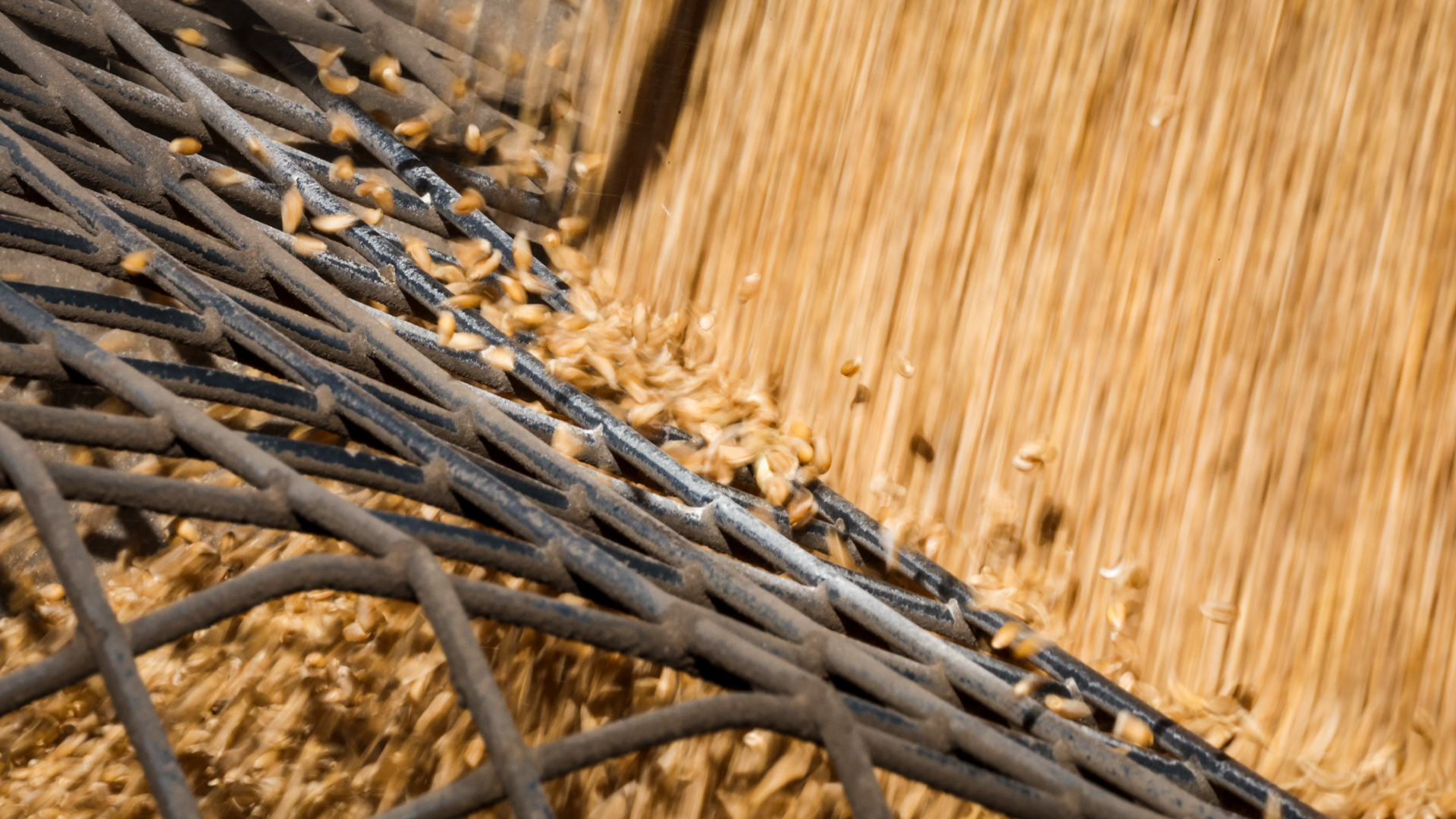
Until very recently, Canadian governments didn’t view the agriculture sector as an important player in the fight against climate change. Most farm policies made only passing reference to climate. The term “climate change” didn’t even appear in the federal agriculture minister’s mandate letter until late 2020.
That has all changed, thanks in large part to the advocacy efforts of farm groups that have pushed the issue of climate and agriculture to the forefront of the national debate, resulting in new federal investments of more than $1 billion to bring down emissions from Canadian farms.
Our sector, however, is still hampered by a lack of ambition around greenhouse gas (GHG) mitigation and a lack of support from governments to help farmers transition to low-carbon practices.
Agricultural policy is an area of shared jurisdiction between federal, provincial and territorial (FPT) governments. The most important policy instrument is the agricultural policy framework (APF), which is negotiated every five years and which traditionally includes about $3 billion in public spending.
The next APF is being negotiated now and will run from 2023 to 2028. The FPT ministers of agriculture will meet in late July in Saskatoon to sign the agreement. This next APF agreement must have climate action at its very centre if we are to have any hope of bringing down emissions and securing a stable future for our sector.
Farmers for Climate Solutions (FCS) research has shown that governments in the U.S. spend 13 times more than Canadian governments on environmental programs in agriculture on a per-acre basis. The European Union spends 73 times more. The result is that agriculture is the only sector of the Canadian economy that is not projected to significantly reduce emissions in the next decade. Government projections see total agricultural emissions declining by only one per cent by 2030.
Canada needs a bold new soil-health strategy
Cost-benefit analysis is the wrong tool for tackling climate change
For Canadian farmers like us, this is an embarrassment. Agriculture accounts for about 12 per cent of total Canadian emissions, so we need to do our share to reach the goal of a 40 per cent reduction in emissions by 2030 and net zero by 2050.
Climate change is also the greatest threat to our industry – witness the heat dome, prairie drought, intense flooding and other devastating weather events of the recent past. Canadian farmers have a vested interest in tackling climate change head-on.
We know that agriculture offers many cost-effective opportunities to reduce emissions. Farmers have been experimenting and innovating: developing practices such as reduced tillage, cover cropping and rotational grazing that can slash GHG emissions as well as sequester tonnes of atmospheric carbon in our soils. For example, cover crops — which are unharvested crops grown in addition to crops grown for harvest — build soil organic carbon, while reducing soil erosion, nutrient leaching and the need for nitrogen fertilizer.
There are tens of thousands of farmers across the country who are passionate about farming in a way that benefits our climate and environment. We are ready to act. But we can’t do it alone.
Late last year, the FCS assembled an expert task force to examine opportunities for climate change mitigation and adaptation in the agricultural policy framework. Our study identified practical, proven and cost-effective practices that can immediately reduce GHG emissions, increase soil carbon sequestration and make Canadian farms more resilient in the face of climate change. The economists on the team worked to determine what incentives would be necessary to encourage the widespread adoption of these practices, and options were laid out for program design and delivery.
Our study points to ways to rapidly drive down emissions and increase adaptation on Canadian farms. The task force identified 19 beneficial management practices (BMPs) that meet the criteria laid out by farmers: proven, practical and affordable.
The recommended BMPs include measures to reduce all the major greenhouse gases produced by Canadian agriculture: nitrous oxide (primarily from nitrogen fertilizer use), methane (primarily from the raising of cattle) and carbon dioxide (from burning fossil fuels and converting wetlands and forests to cropland).
The Canadian government has called for a 30 per cent reduction in emissions related to nitrogen fertilizer by 2030. The FCS recommendations, if fully implemented, would reduce direct emissions from nitrogen fertilizer by 33 per cent in only five years.
In total, the FCS task force recommendations would reduce emissions by 14 per cent over the five-year life of the next policy framework and would increase sequestration in agricultural soils by more than six million tonnes of CO2 equivalent every year.
This would require a government investment of about $2.1 billion over the next five years. That’s a lot of money, but the mitigation cost is only $40 a tonne – a bargain compared to other sectors, and one that pales in comparison to the cost of inaction. Last year alone saw $3.7 billion in crop insurance claims due to extreme weather across Canada.
The last time the FPT agriculture ministers met in October, 2021, they issued a lofty declaration that ranked climate change mitigation and adaptation as their number one priority. Their meeting later this month in Saskatoon will be a test of their true resolve. Canadian farmers have developed a science-based roadmap to a more sustainable future. Will our political leaders follow it?
















